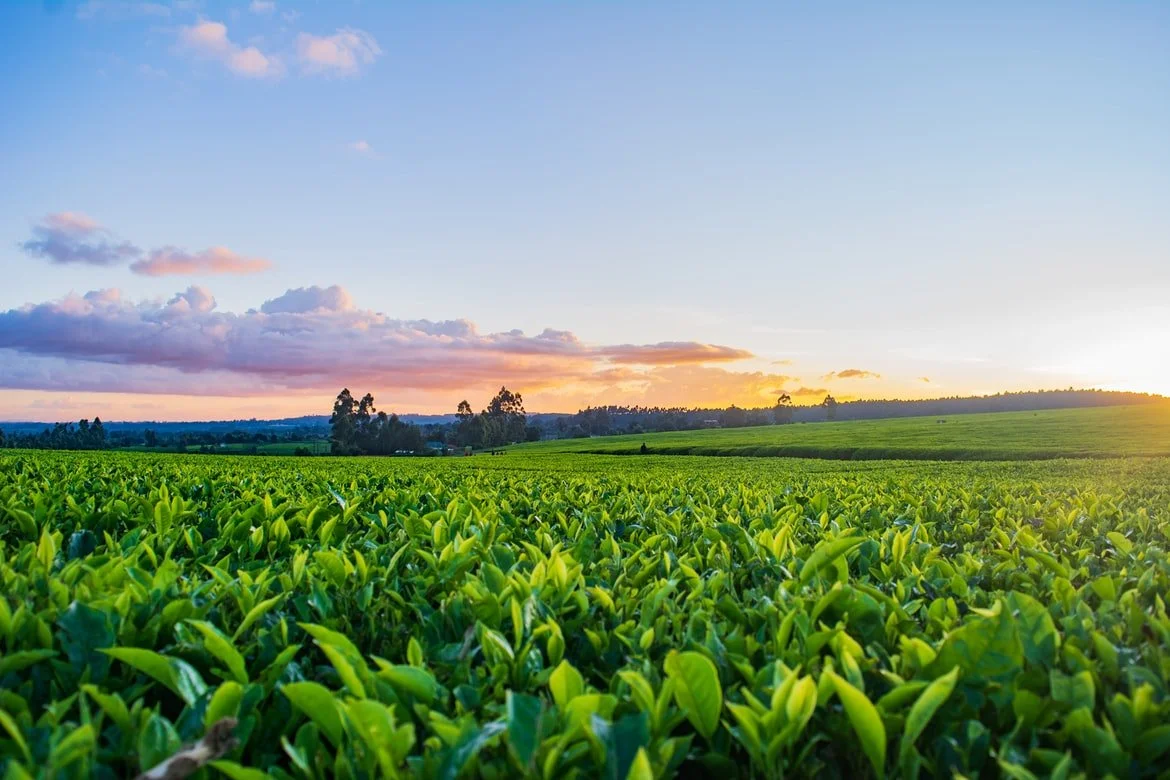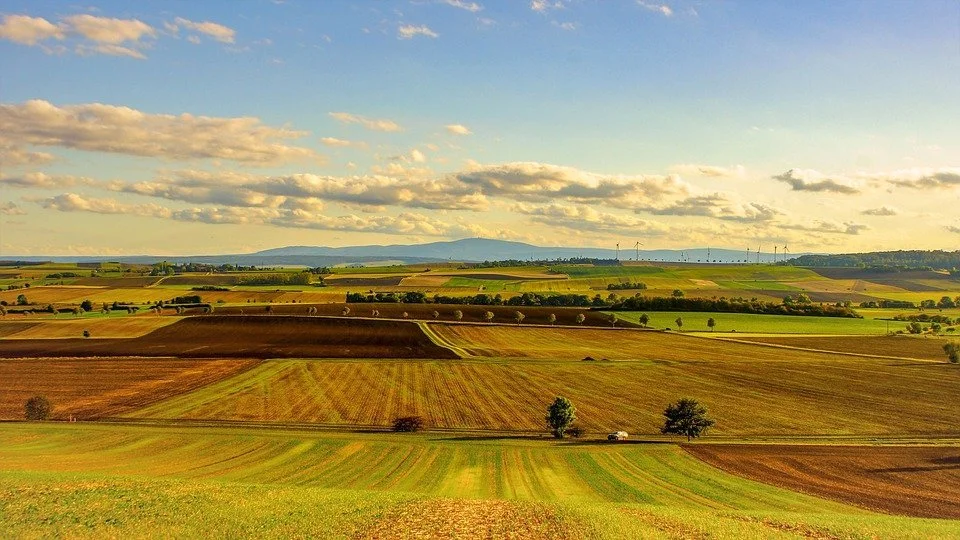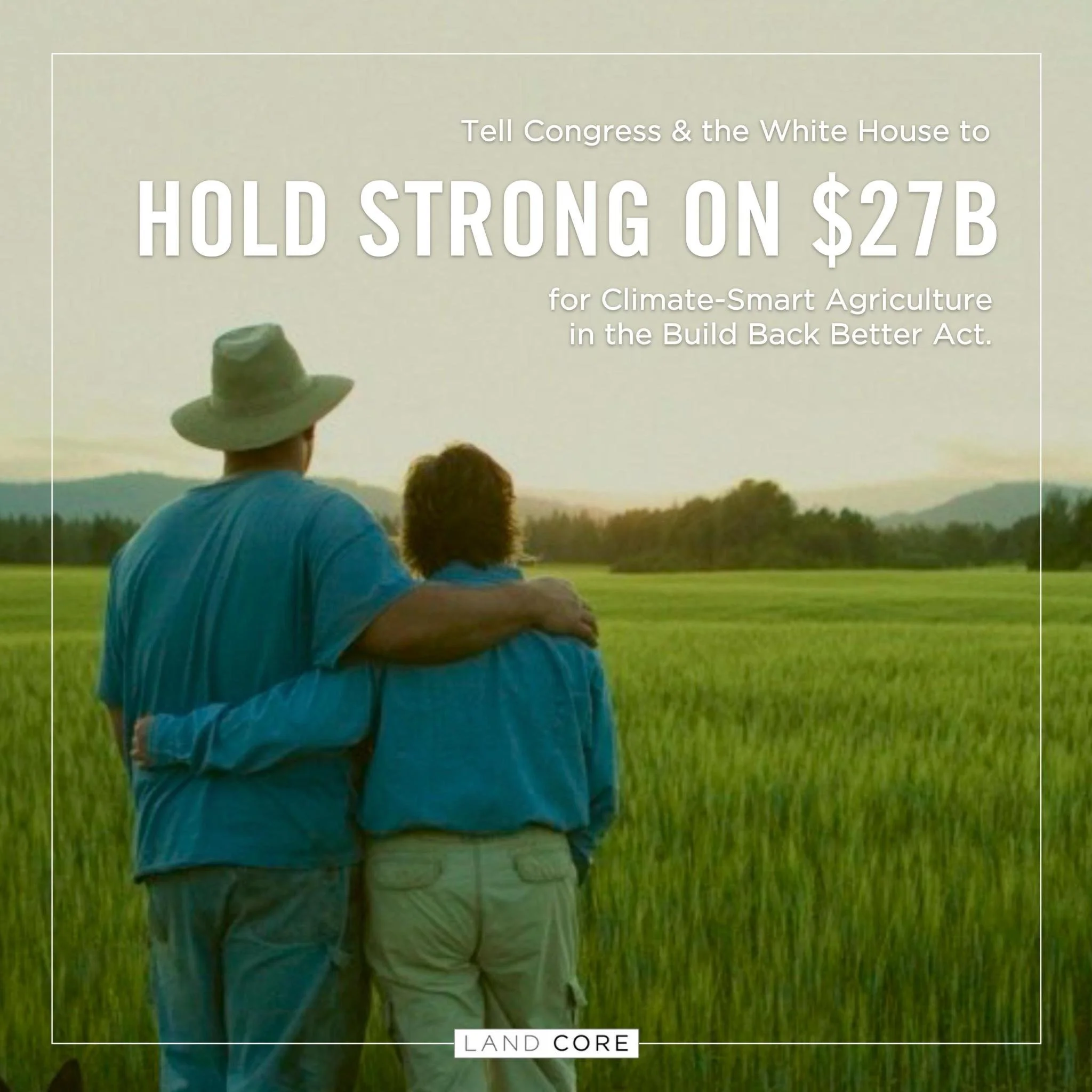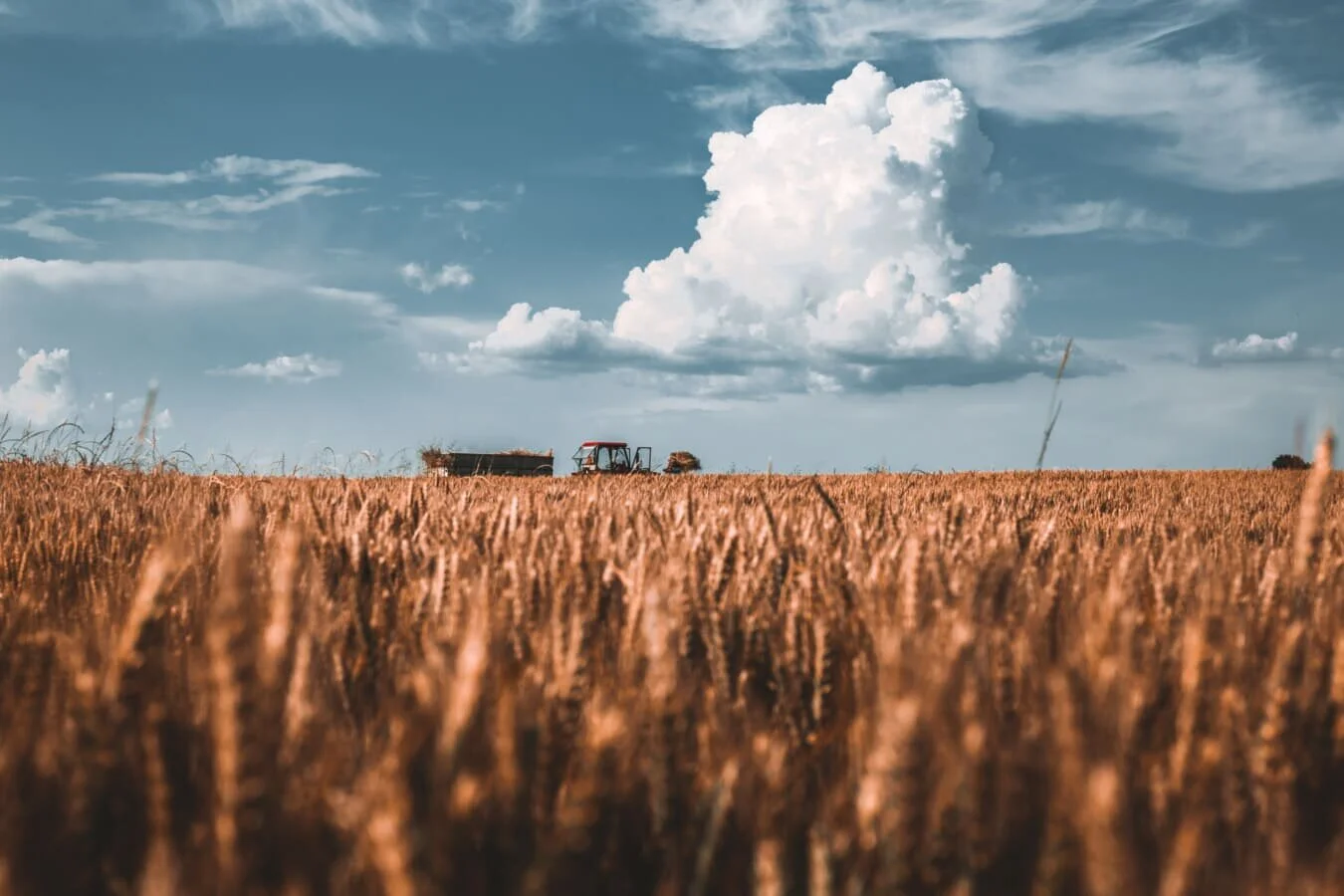Policy announcements & opportunities for producers, engagement in appropriations & the 2023 Farm Bill, upcoming events & speaking, a roundup of advancements in soil health, & more!
Read MoreWe start the new year with optimism, resolve, and a heartfelt thank you for your generous support of Land Core’s work. Because of this community, we’re better positioned than ever to achieve our ambitious goals to advance soil health focused policy, risk modeling and education.
Read MoreWe’re thrilled to end the year on a high note, with some good news and quick updates. Thank you all for your support and partnership this year, and wishing you a wonderful holiday season!
Read MoreWe’re thrilled to announce two new funding partners this December!
Read MoreLand Core co-founders, Aria McLauchlan and Harley Cross, are among this year’s “Emerging Leaders in Food & Ag” award winners!
Read More2021 has been an incredible year for the soil health movement, and Land Core is proud to be at its forefront. Our 2021 Year in Review is a reflection and celebration of what we’ve been able to accomplish together.
Read MoreHow can innovations in soil health data help catalyze healthy soil policy at the state and federal levels? Our Executive Director, Aria McLauchlan, joined Arohi Sharma of NRDC, Dr. Bianca Moebius-Clune of AFT, Dr. Dorn Cox of OpenTEAM & Jeff Schahczenski of NCAT to discuss "Soil Health Innovations in Public Policy" during NCAT's first annual Soil Health Innovations Conference.
Read MoreLand Core is pleased to provide this input jointly with OpenTEAM in response to USDA’s request for information on the Climate-Smart Agriculture and Forestry (CSAF) Partnership Program. In order to ensure CSAF strategies are successful and maximize benefits to producers, the following comments focus on agency-level actions USDA can take to: (1) support whole ecosystem function and create diverse economic opportunities for producers, (2) provide baseline soil health indicators and standardized monitoring, reporting and verification (MRV) protocols, (3) create a voluntary outcomes-based soil health program, (4) develop an integrated strategy for data collection, re-use, privacy, aggregation and security, (5) leverage and expand existing conservation programs, technical assistance and research, and (6) reach historically underserved producers. We invite questions and the opportunity to meet with USDA to expand on these recommendations.
Read MoreWith the shaved-down Build Back Better Act reintroduced yesterday as a $1.75 trillion bill, we're happy to share that the provisions for climate-smart ag were left almost unchanged, delivering a historic $27.15 billion for USDA conservation programs - the biggest investment in conservation since the dust bowl! A big thanks & congratulations to so many of you for your advocacy. We’re not at the finish line yet, but we can see it from here.
Read MoreThe Build Back Better Act was reintroduced yesterday as a $1.75 trillion bill, down from its original $3.5 trillion. While there were cuts to many portions of the bill, we are thrilled to share that the provisions for climate-smart agriculture were left practically untouched - delivering a historic $27.15 billion for USDA conservation programs. This is the largest investment in conservation since the dust bowl!
Read MoreMany of the big policy issues we have been discussing and sharing with you over the last few months are being decided on in the coming days. Thank you all for everything you’ve been doing to advance this work, and we will be watching closely to see where things land.
Read MoreIn this series of conversations, our co-founder & executive director, Aria McLauchlan, chats with Carrie Dorr (seasoned entrepreneur & founder of Pure Barre, and Land Core board member!) about regenerative agriculture & soil health, Land Core’s work, and ways to get involved.
Read MoreThe GCSA represents a significant opportunity for business to harness the economic and environmental potential of improved land management, and recognizes the vital role USDA can have in providing meaningful infrastructure to enable US farmers, ranchers and foresters to access private sector capital and empower new market development.
By focusing, beyond carbon, on a broader ecosystem services market approach, and standardizing monitoring, reporting and verification (MRV) protocols, this Committee can ensure the GCSA does not miss the mark on this enormous opportunity to support soil health and climate-resilient agriculture.
In this wide ranging discussion with NCAT's Agricultural and Natural Resource Economist Jeff Schahczenski, Land Core’s co-founders talk about our work, theory of change and their backgrounds, and take a deep dive into the Land Core Risk Model and its potential to transform US Agriculture.
Read MoreWe’re absolutely thrilled to announce that Land Core has been awarded a generous 3-year operating grant from the Mighty Arrow Family Foundation to support our federal policy and advocacy work to advance soil health for a resilient food system that delivers healthy food to all.
Read MorePolicy updates, a new grant announcement, fall events, and more. We hope you can take the opportunity to reflect on the immense work done by our collective movement this summer to raise awareness about the need to build a resilient, soil health-focused US agriculture.
Read MoreThe Senate today passed a $3.5 trillion budget resolution as part of the President's infrastructure agenda, which would give $135 billion to the agriculture committee to allocate over the next 10 years. We're calling on Congress to use these funds to double the investment in USDA conservation programs and double technical assistance funding to help producers build a soil health-centered, climate-smart agriculture.
Read MoreIt has been another big week, and month, at Land Core as we have been working hard to ensure soil health and climate-resilient agriculture are included in the historic infrastructure legislation on the table in Washington.
Read MoreRisk-informed pricing is a market-based path forward to pay for the transition to resilient, climate friendly, soil health practices, and can also address some of the challenges that carbon markets, while they may hold enormous potential in the coming years, are ill-suited to address.
Read More




















